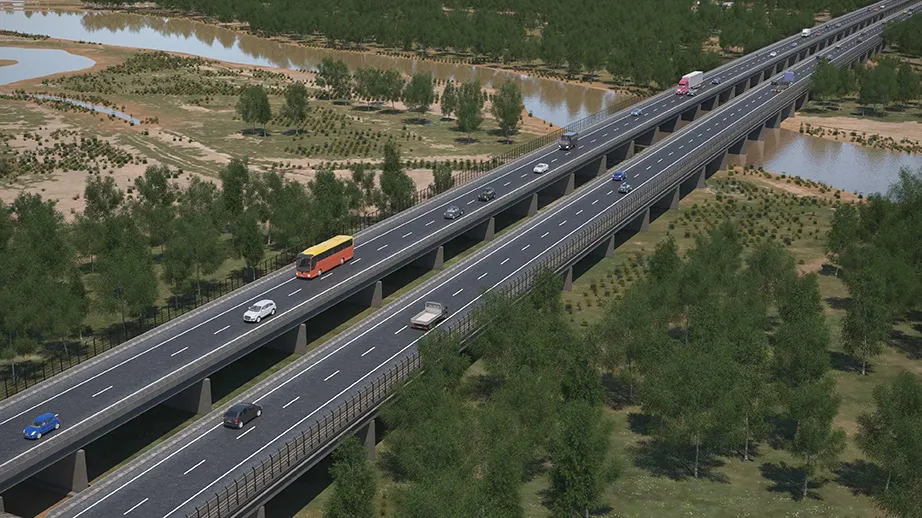The launch of Bali’s first all-vehicle tolled highway on 23 September is expected to ease congestion in an area increasingly famous for its notorious traffic. The country already has a toll road especially for motorcycles.
The project is designed to reduce congestion on the 12.7 kilometre Benoa-Kuta-Nusa Dua stretch, at a cost of US$217 million. The road runs over the sea and was built using 33,835 concrete columns, some of them through an area of mangrove forest.
September 25, 2013
Read time: 1 min
The launch of Bali’s first all-vehicle tolled highway on 23 September is expected to ease congestion in an area increasingly famous for its notorious traffic. The country already has a toll road especially for motorcycles.
The project is designed to reduce congestion on the 12.7 kilometre Benoa-Kuta-Nusa Dua stretch, at a cost of US$217 million. The road runs over the sea and was built using 33,835 concrete columns, some of them through an area of mangrove forest.
The Indonesian Toll Road Authority predicts that daily traffic will reach 39,000 vehicles per day, 56 per cent of which would be motorcycles. Motorists will be able to pay using cash or electronic cards.
The highway will be operated by Jasa Marga Bali Tol under a 45-year concession and is forecast to break even in 15 years.
The project is designed to reduce congestion on the 12.7 kilometre Benoa-Kuta-Nusa Dua stretch, at a cost of US$217 million. The road runs over the sea and was built using 33,835 concrete columns, some of them through an area of mangrove forest.
The Indonesian Toll Road Authority predicts that daily traffic will reach 39,000 vehicles per day, 56 per cent of which would be motorcycles. Motorists will be able to pay using cash or electronic cards.
The highway will be operated by Jasa Marga Bali Tol under a 45-year concession and is forecast to break even in 15 years.









